Inspire Dialogue Introductions: Baraa Halabieh
English/Arabic translator
“What makes humanity so beautiful is our multiculturalism… the variety in our colours, cultures and beliefs is what makes us all unique.”
As an asylum-seeker in the UK, I am one of the ‘strangers’ coming here from the Middle-East. So the question that I ask is: how can we reduce the fear and suspicion that all of us have about strangers? I think the first thing is that we should all start asking ourselves questions. What do we know about these people? Why are they coming here? What are they looking for? What do we know about their culture and their history? Are there any points of commonality between our history and theirs? Many people, when trying to find answers, go to the media, but the media focus on just a part of the truth to support their own agendas. But when we start researching by ourselves, we discover truths which can be unexpected, or even shocking. For instance, we might find out that the patron saint of England, St George, was born in Turkey to a Syrian mother. Another fact, which I discovered only recently, is that the Roman Empire used 500 archers from my home city in Syria, Hama, to protect Hadrian’s Wall in England.
The second point is that I believe we need to start conversations. In every city, in every community, there is a stranger, someone whom we could look at as ‘another’, and this is the best way to break the ice. When you start a conversation, within the first five minutes you quickly discover that this person is bright, talented, educated, just like you. We all have the same dreams, the same fears – and one of the fears we as asylum-seekers have is not being accepted here and of being judged for the actions of a minority, in which we did not participate.
What makes humanity so beautiful is our multiculturalism. There is no pure race: the variety in our colours, cultures and beliefs is what makes us all unique. There is so much more which unites us than divides us.
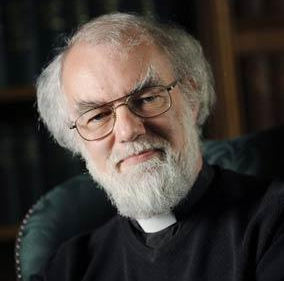
Inspire Dialogue Introductions: Lord Rowan Williams
Master of Magdalene College, Cambridge
“When we go out and encounter others, we are asking for something that is not already there to come alive in us.”
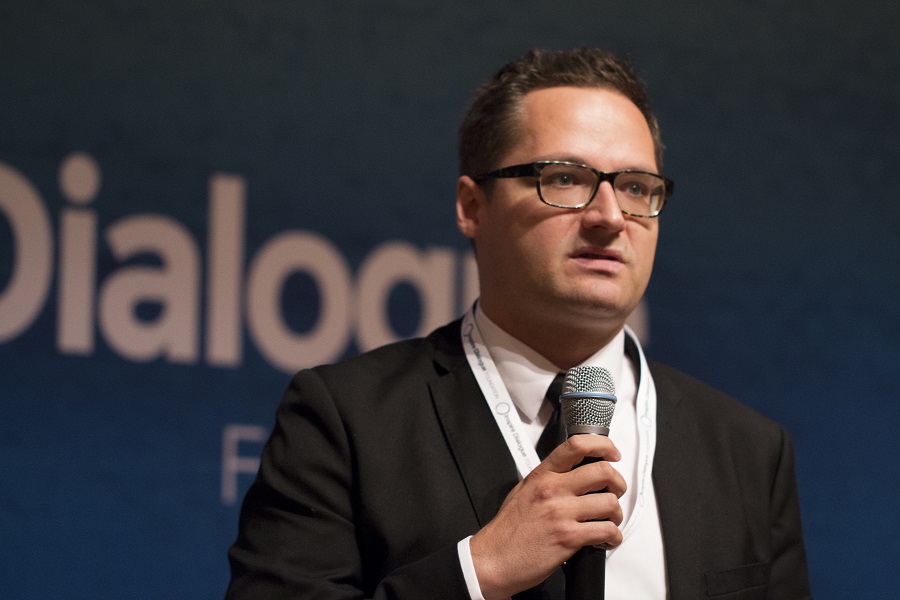
Inspire Dialogue Introductions: Frederick Smets
United Nations High Commission for Refugees (UNHCR)
“Most of these people do not need money, but they need somebody that they can have a conversation with.”
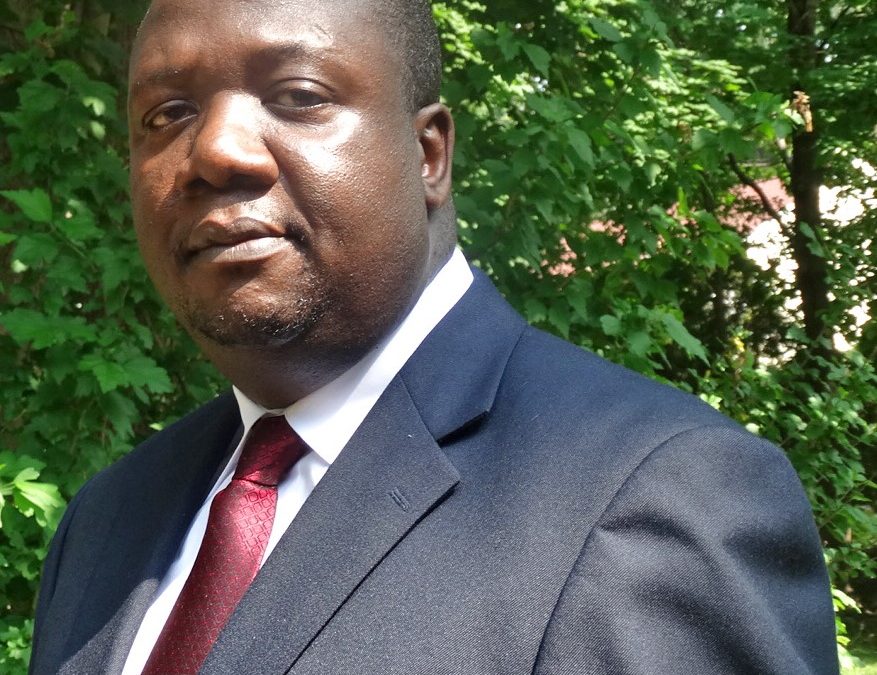
Inspire Dialogue Introductions: Tawanda Mutasah
Senior Director of Law and Policy for Amnesty International
“The stranger or ‘the other’ is a notion that we construct in our quest for a resource. In reality, there is no ‘other’…”
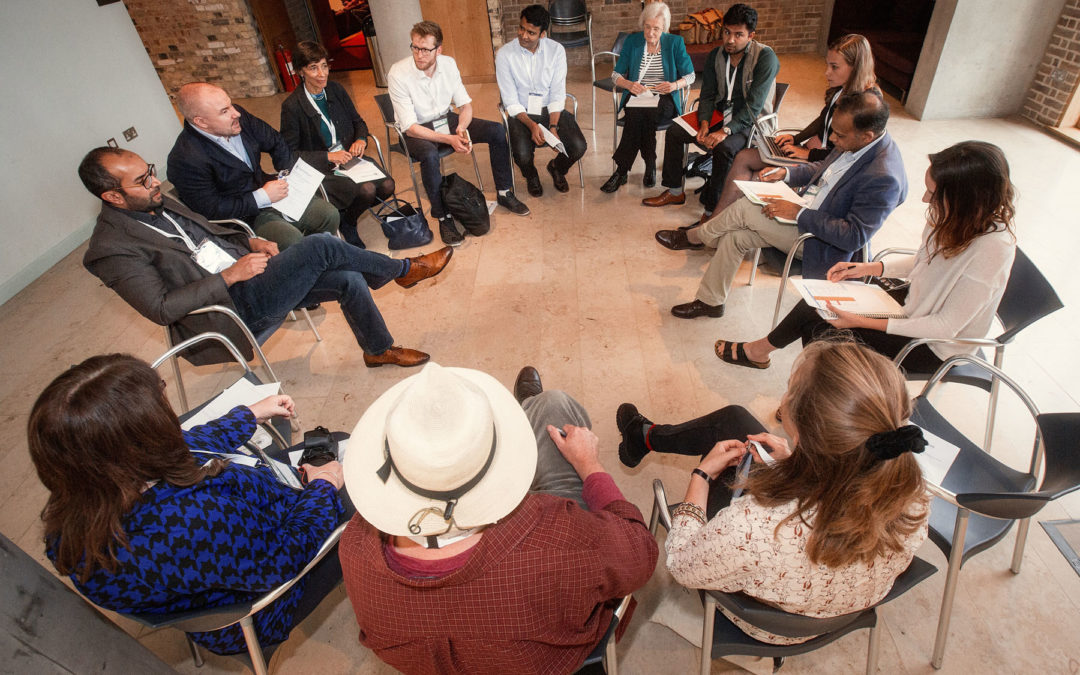
Inspire Dialogue Summaries: The Environment
Bhaskar Vira
“How do we have a dialogue with someone who is fifty years away from inhabiting this earth? This leads to considerations of inter-generational responsibility.”
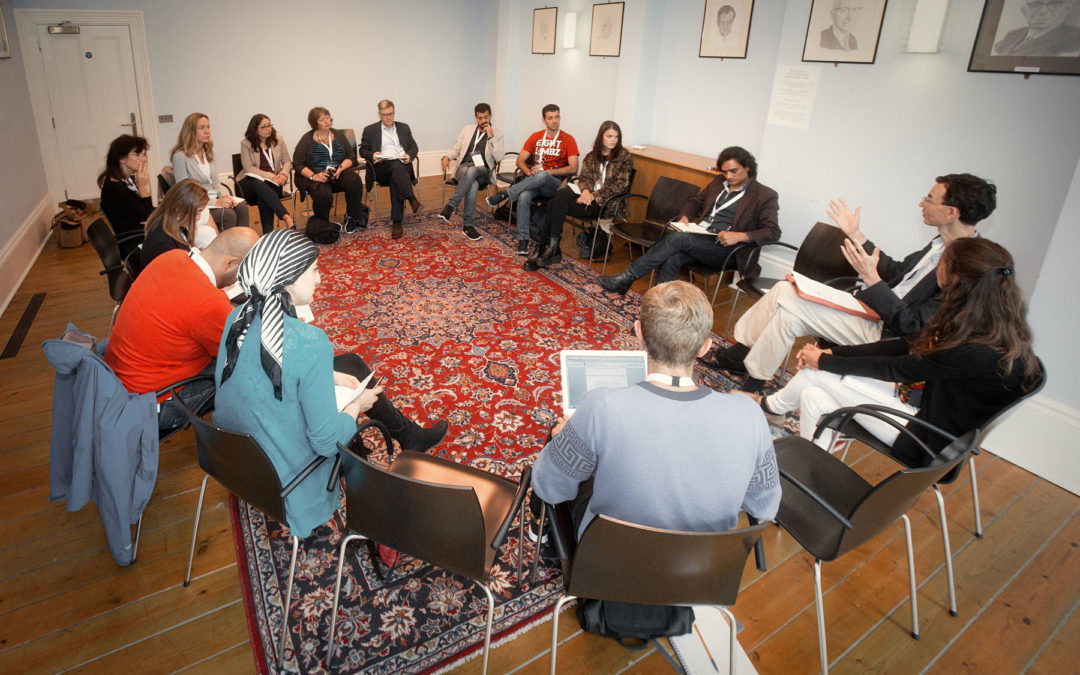
Inspire Dialogue Summaries: Conflict Resolution
Brendan Simms and Alison Liebling
“We were criticised and ridiculed by other professional groups for coming into a maximum security prison with the word ‘trust’ in mind.”
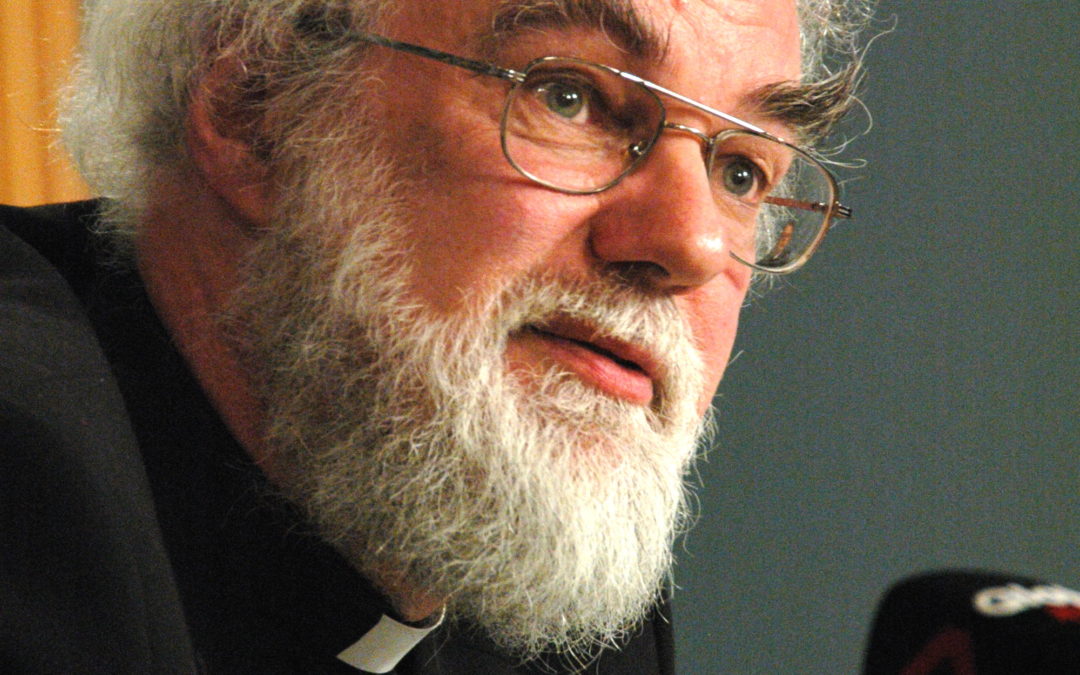
Inspire Dialogue: Final Summary
Lord Rowan Williams
“To be able to imagine that things don’t have to be as they are is perhaps one of the most important things that human beings ever do.”
MORE IN BESHARA MAGAZINE:
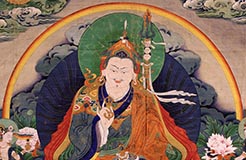
Unlocking the Heritage of Tibet
Dylan Esler talks about the ancient contemplative tradition of Dzogchen Buddhism – the ‘effortless path’ – and the 84000 Project, which is preserving the precious heritage of Tibetan Buddhism
‘Once we learn to dissolve that sense of having to react to whatever occurs, then we open up to a more spacious perspective, and that is the perspective of non-duality.’
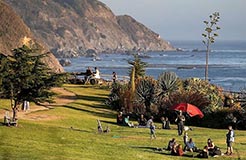
The Vision of Esalen
Michael Murphy, co-founder of the Esalen Institute in California, reflects on the contribution of an institution that has revolutionised our understanding of spirituality
‘We’re all, whether we know it or not, together involved in a cosmic jailbreak, breaking out of our golden chains.’
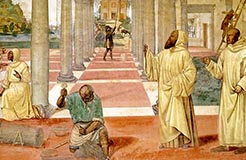
Transmission Across Cultures
Writer and art historian Diana Darke brings to light the largely unacknowledged influence of Islamic architecture and craftsmen on the iconic buildings of Europe
‘If you are building a prestige project, of course you’re going to go for the best, wherever it comes from.’
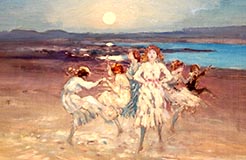
George William Russell: A Forgotten Irish Mystic
Gabriel Rosenstock gives a poetic response to twelve visionary paintings by the ‘myriad-minded’ writer and polymath
‘[Through his works] we may see the world once more in its primal beauty, may recover a sense of the long-forgotten but inextinguishable grandeur of the soul’
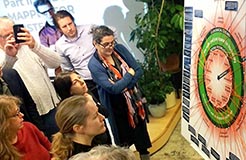
Rolling Out the Doughnut
Leonora Grcheva of DEAL talks about how Kate Raworth’s innovative economic theory is being translated into sustainable practice in cities across the world
‘The Doughnut gives us a new way to conceptualise who we are, how we position ourselves as part of the living world, and how we can reimagine our future’
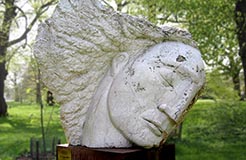
Emily Young: Giving Voice to the Earth
The distinguished sculptor Emily Young talks about her work and the stories that stone can tell us
‘What does it look like when a human is at one with the universe? Embracing it all…’
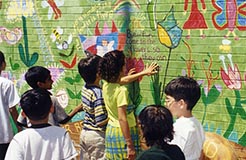
Richard Lewis: Pilgrim in the Land of Children
Robert Hirshfield appreciates the work of a teacher who has devoted his life to inspiring children to write imaginative poetry
‘A child is the privacy of a universe learning to talk to itself.’

The Power of Gold
Alan Ereira talks about his new book, which traces the relationship between human beings and this most precious metal over a period of 7,000 years
‘The notion that gold contains immutable value is somehow enormously powerful. Of course, gold doesn’t actually have that value in itself; we attribute that to it without thinking, unconsciously.’
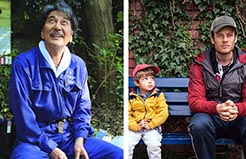
Introducing… ‘Perfect Days’ and ‘Nowhere Special’
Jane Clark watches two films with a contemplative theme
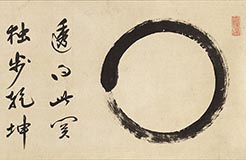
The Philosophy of Prayer
Distinguished theologian George Pattison talks about the meaning of prayer in the modern world and how it brings us to awareness of our essential nothingness
‘Our starting point always has to be that we are not makers of our own being, but we are before we start doing anything for ourselves.’
